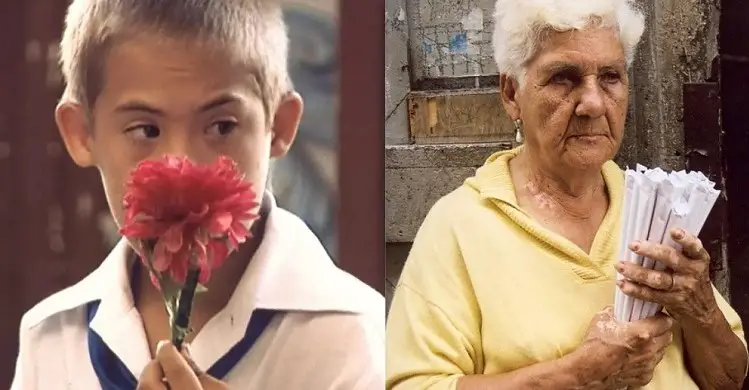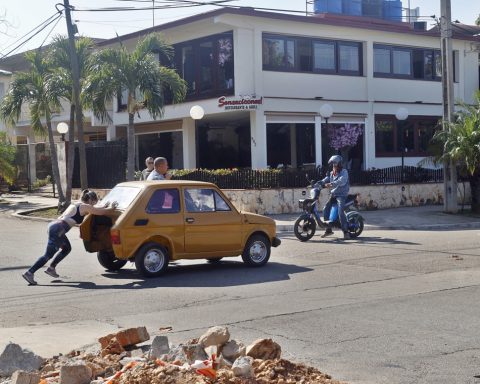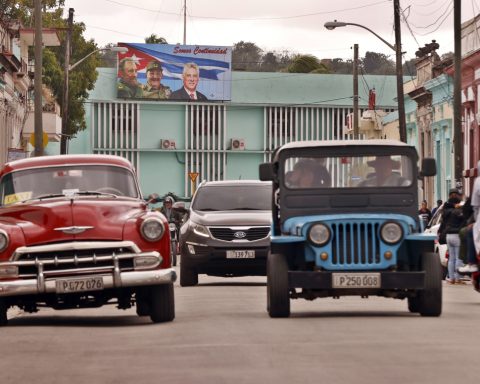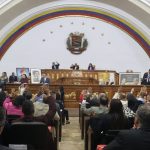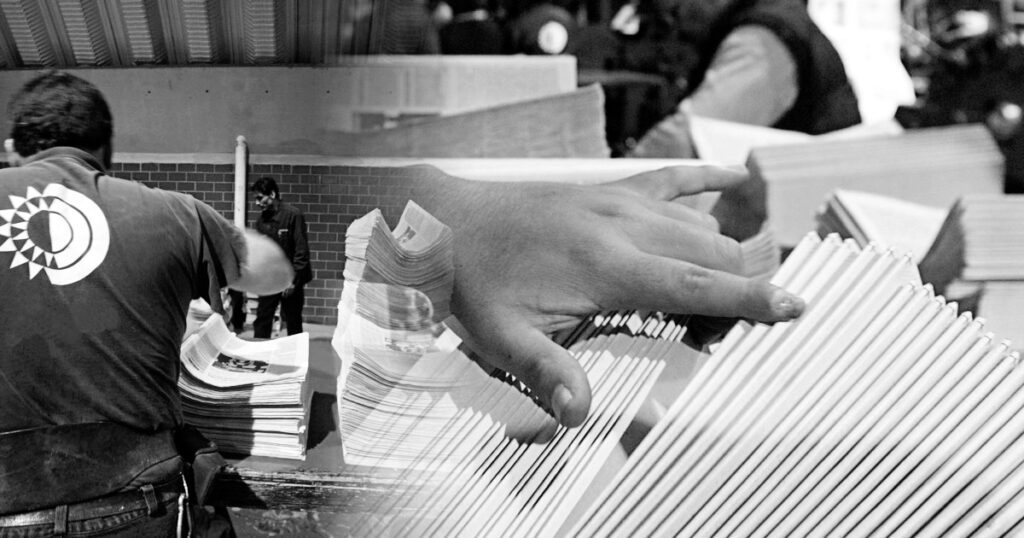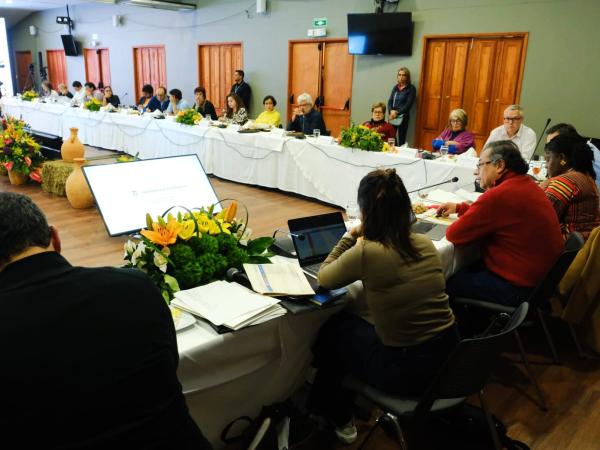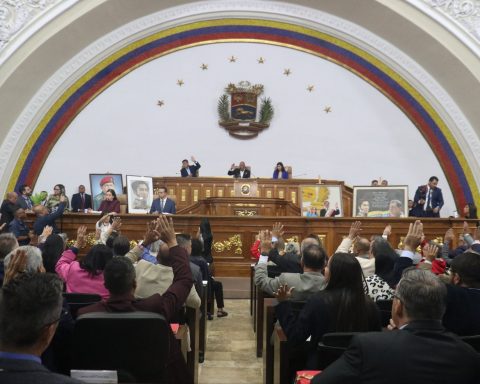MADRID, Spain.- Twenty years after the premiere of the documentary film Havana Suitewritten and directed by Fernando Perez, the film continues to move Cubans, for its stories as heartbreaking as they are real; for its reflection of the reality of the Island seen from ten Havanans, whose lives could be that of many.
Through any given day in the life of ten real characters, therefore, improvised actors, the Cuban reality is shown far from stereotypes, with its vicissitudes and with the truth ahead; elements that make the viewer emotional.
These characters are Armanda, a 79-year-old woman who earns her living selling peanut cones; Julio, a shoe repairman who dances at night; the boy Francisquito, Down syndrome; his grandmother, formerly an art teacher who now takes care of him; and his father Francisco, who after his wife died had to leave his profession as an architect to take care of the child; Heriberto, a train track worker who plays the saxophone at night in a church; the doctor Juan Carlos, who wants to be an actor and works as a clown, and his brother who is going to the United States; Iván, 30, who crossdresses at night to perform in a show and works in a hospital laundry during the day; and young Ernesto, a dancer worried about fixing his mother’s house, which is in very bad shape.
Photography, one of the many merits of Havana Suite, was in charge of Raúl Pérez Ureta. Although the film lacks dialogue, this gap is not noticeable thanks to the excellent editing and soundtrack.
After its premiere in 2003, the daily The country He reviewed: “Every day it is the same: the public sighs, cries, stirs in their seats and, at the end, the room erupts in applause. It is no exaggeration: the preview in a theater in the Cuban capital of the latest film by director Fernando Pérez, Havana Suitewithout a doubt the best film that has been shot on the island since Strawberry and Chocolate, has caused a real shock”.
That same year the film won in the categories of Best Film and Best Director at the Havana International Film Festival; and was nominated for best documentary and Spanish-speaking foreign film at the Goya Awards, among others.
About the film the director has explained who considered “not making a traditional documentary and using a language close to fiction (with lighting and a very careful staging)”. As well as “he avoided interviews and trusted the language of images and sounds”.
In addition, he has pointed out: “I chose to reflect a day of daily life in the city through characters that, for me, belong to the most representative part of the city, because it is the most popular and the least represented (both in the Cuban media as outside of Cuba).
